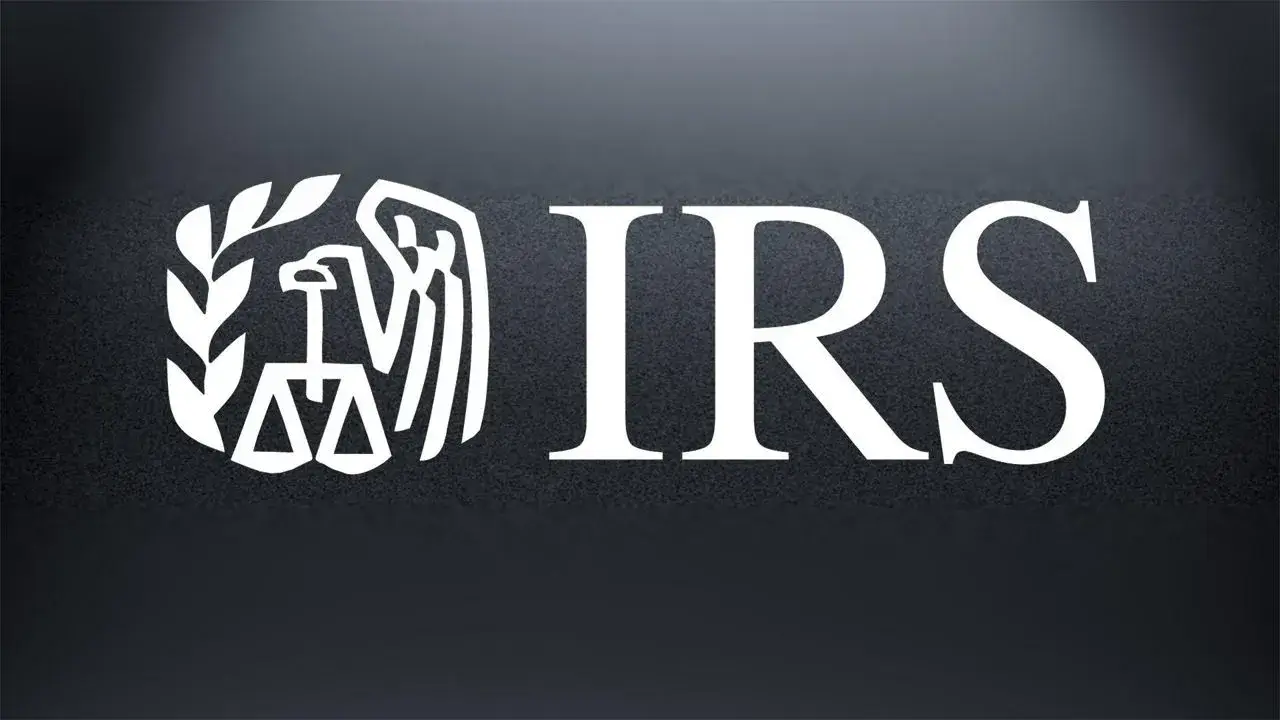U.S. Crypto Investors Hit by IRS Letter Surge as Tax Crackdown Looms
29.06.2025 11:00 3 min. read Kosta Gushterov
In just two months, crypto tax platform CoinLedger observed a staggering 700% surge in the number of U.S. users receiving IRS warning letters, signaling a sharp escalation in federal tax enforcement targeting digital asset holders.
Several accounting firms, including Taxing Cryptocurrency, have corroborated this trend, confirming that crypto investors across the country are increasingly being flagged by the tax authority.
CoinLedger CEO David Kemmerer believes this spike in enforcement reflects widespread confusion and misinformation in the retail crypto community, where many investors still mistakenly assume they are not obligated to report digital asset transactions on their tax returns. He explained that this new wave of IRS letters is catching even well-intentioned investors off guard, especially those who tried to comply but lacked detailed documentation of their trading history.
“We’re witnessing a surge of panic among everyday investors who genuinely attempted to follow the rules,” Kemmerer said, adding, “Automated systems don’t care about intent—if your cost basis data is missing or inconsistent, you’re getting flagged.”
Trump Pushes Back, But Congress Has Yet to Act
Although President Donald Trump has publicly expressed his support for eliminating taxes on U.S.-based cryptocurrency holdings, no legislation has yet been introduced in Congress to formalize or advance this proposal, according to Kemmerer.
However, Trump did take one regulatory step in April when he signed a resolution repealing an IRS rule—originally finalized during the Biden administration—that would have included DeFi platforms under the formal definition of “brokers” for tax purposes. While that repeal provided temporary relief to some decentralized projects, it does not affect the broader reporting mandate looming on the horizon.
Beginning January 1, 2026, crypto brokers will be legally required to submit Form 1099-DA, which includes both the gross proceeds and the cost basis of every digital asset sale. This marks a major shift, as it will provide the IRS with direct, automated access to an investor’s full gain and loss history—dramatically increasing transparency and enforcement power.
READ MORE:
FEPE token
Even Compliant Investors Could Face Trouble
With the arrival of 1099-DA, brokers will need to report not just how much users sold their assets for, but also what they originally paid for them. While this move is designed to minimize tax evasion, it could also penalize honest investors who failed to properly track or store their original cost data.
“Inaccurate or missing records can trigger IRS scrutiny, even if the investor didn’t intend to hide anything,” Kemmerer warned. “That’s why keeping organized records is no longer optional—it’s essential.”
Kemmerer also revealed that the IRS has begun sending multiple types of crypto-related letters, some of which are simply advisory while others imply potential audits or deeper investigations. He cautioned that if investors don’t prepare adequately, they could face unexpected penalties or compliance headaches, even if they had no malicious intent.
-
1
Key Crypto Events to Watch in the Next Months
20.07.2025 22:00 2 min. read -
2
House Clears Path for Landmark Crypto Bills: Vote Set for Thursday
17.07.2025 9:15 2 min. read -
3
Australia Tests CBDCs in 24 Separate Real-World Finance Use Cases
10.07.2025 19:00 2 min. read -
4
U.S. House Passes Sweeping Clarity and GENIUS Acts
17.07.2025 23:29 1 min. read -
5
Senate Confirms Crypto-Linked Nominee Jonathan Gould to Head OCC
11.07.2025 9:00 2 min. read
Nigeria Signals Greenlight for Stablecoin Innovation Under New Regulatory Vision
Nigeria is taking a decisive step toward embracing stablecoin adoption, as the country’s Securities and Exchange Commission (SEC) outlined its readiness to support digital currency innovation—under clear regulatory conditions.
South Korea Urges Asset Managers to Limit Exposure to Crypto Stock Like Coinbase,MicroStrategy
South Korea’s top financial watchdog has issued informal guidance urging local asset managers to scale back their investments in crypto-related stocks, according to a Korean Herald report.
SEC Reverses Bitwise ETF Approval Just Hours After Greenlight
In a surprising move on Tuesday, the U.S. Securities and Exchange Commission (SEC) initially approved Bitwise’s proposal to convert its cryptocurrency index fund into a full-fledged exchange-traded fund (ETF)—only to halt the decision just hours later.
Senate Republicans Unveil Crypto Market Bill to Expand CLARITY Act
Senators Tim Scott, Cynthia Lummis, Bill Hagerty, and Bernie Moreno (R-OH) have released a discussion draft of a new digital asset market structure bill—framed as the Senate counterpart to the CLARITY Act.
-
1
Key Crypto Events to Watch in the Next Months
20.07.2025 22:00 2 min. read -
2
House Clears Path for Landmark Crypto Bills: Vote Set for Thursday
17.07.2025 9:15 2 min. read -
3
Australia Tests CBDCs in 24 Separate Real-World Finance Use Cases
10.07.2025 19:00 2 min. read -
4
U.S. House Passes Sweeping Clarity and GENIUS Acts
17.07.2025 23:29 1 min. read -
5
Senate Confirms Crypto-Linked Nominee Jonathan Gould to Head OCC
11.07.2025 9:00 2 min. read

